Mother India Book | Buy Mother India Katherine Mayo @ 150/-
Mother India Book | Buy Mother India Katherine Mayo @ 150/-
- language: Hindi
- Binding: Paperback
- Publisher: Buddham
₹150.00 /-
Order Mother India Book | Buy Mother India Katherine Mayo @ 150/- On WhatsApp
Description
Mother India- A Timeless Exploration of Women’s Struggles by Katherine Mayo
Book Description:
Mother India Book Katherine Mayo and published in 1927 during the British colonial era, is a groundbreaking and controversial work that delves into the social, cultural, and political conditions of India, with a particular focus on the lives of Indian women.
Published by Buddham Publisher in a convenient paperback format and priced at MRP 150/-, this book remains a significant historical document that offers a window into the challenges faced by women in early 20th-century India.
Mayo’s Mother India sparked intense debates upon its release, as it critically examined issues such as child marriage, gender inequality, and the oppressive social norms that shaped the lives of Indian women.
While the book was praised for shedding light on these pressing issues, it also faced criticism for its perceived colonial bias and its portrayal of Indian society through a Western lens. Despite the controversies,
Mother India remains an essential read for those interested in understanding the complexities of gender, culture, and colonialism in India’s history.
This edition, published by Buddham Publisher, preserves the original text, allowing modern readers to engage with Mayo’s observations and arguments.
Whether you are a student of history, a researcher, or simply a curious reader, Mother India offers a thought-provoking perspective on the struggles and resilience of Indian women during a transformative period in the nation’s history.
Detailed Exploration :
- Introduction to Mother India
- Overview of Katherine Mayo’s background and motivations for writing the book.
- Historical context: India under British rule in the 1920s.
- The significance of the title Mother India and its symbolic meaning.
Mother India, written by American author Katherine Mayo and published in 1927, is a provocative and controversial book that examines the social, cultural, and political conditions of India during the British colonial era.
The book focuses particularly on the lives of Indian women, shedding light on the challenges they faced in a society shaped by deeply entrenched patriarchal norms, religious practices, and colonial rule. Mayo’s work sparked intense debates both in India and abroad, making it one of the most discussed and contentious books of its time.
Katherine Mayo, a journalist and historian, traveled extensively across India to research and write Mother India. Her observations and findings were presented in a manner that aimed to expose the harsh realities of Indian society, particularly regarding the treatment of women.
However, her approach and conclusions were often criticized for being biased, sensationalized, and reflective of a colonial mindset.
Despite these criticisms, Mother India katherine mayo remains a significant historical document that provides valuable insights into the social fabric of early 20th-century India.
The title Mother India is symbolic, evoking the image of India as a nurturing mother figure.
However, Mayo’s portrayal of the country is far from flattering. Instead, she paints a grim picture of a society plagued by poverty, illiteracy, and systemic oppression, particularly of women.
The book delves into issues such as child marriage, the mistreatment of widows, lack of access to education and healthcare for women, and the pervasive influence of traditional customs and religious practices that perpetuated gender inequality.
Mayo’s work was published at a time when India was undergoing significant political and social changes.
The Indian independence movement was gaining momentum, and leaders like Mahatma Gandhi were advocating for social reforms alongside political freedom.
Mother India was seen by many as an attempt to undermine these efforts by portraying Indian society as backward and incapable of self-governance.
This led to widespread criticism from Indian intellectuals, politicians, and the general public, who accused Mayo of being a tool of British propaganda.
Despite the controversies, Mother India cannot be dismissed as merely a colonial critique. It brought international attention to the plight of Indian women and sparked important conversations about gender equality and social reform.
The book’s impact was felt not only in India but also in the West, where it influenced perceptions of Indian society and contributed to the global discourse on women’s rights.
In this edition published by Buddham Publisher, readers have the opportunity to engage with Mayo’s original text and form their own opinions about her observations and arguments.
Whether viewed as a groundbreaking exposé or a flawed colonial narrative, Mother India remains a compelling and thought-provoking work that continues to resonate with readers nearly a century after its publication.
This introduction sets the stage for a deeper exploration of the themes, controversies, and legacy of Mother India.
As we delve into the book’s contents, we will examine the historical context in which it was written, the key issues it addresses, and the lasting impact it has had on discussions about gender, culture, and colonialism in India.
The Condition of Indian Women in the 1920s
-
- Examination of child marriage practices and their impact on women’s lives.
- The role of women in traditional Indian households.
- Limited access to education and healthcare for women.
Katherine Mayo’s Perspective
-
- Mayo’s observations during her travels in India.
- The influence of Western ideologies on her analysis.
- Criticisms of her approach and accusations of colonial bias.
Key Themes in Mother India
-
- Gender inequality and patriarchal structures.
- The intersection of religion and social norms.
- The impact of colonialism on Indian society.
Controversies Surrounding the Book
-
- Reactions from Indian leaders and intellectuals, including Mahatma Gandhi.
- The book’s role in shaping Western perceptions of India.
- Debates about the accuracy and fairness of Mayo’s claims.
The Legacy of Mother India
-
- The book’s influence on feminist movements in India.
- Its relevance in contemporary discussions about gender and culture.
- How Mother India continues to be a reference point for historians and scholars.
Conclusion
-
- Reflection on the enduring significance of Mother India.
- The importance of understanding historical contexts when analyzing such works.
- A call to revisit and reinterpret Mayo’s observations in light of modern perspectives.
This detailed exploration of Mother India provides readers with a comprehensive understanding of Katherine Mayo’s work, its historical context, and its lasting impact.
Whether you are revisiting this classic or discovering it for the first time, Mother India offers a compelling and thought-provoking journey into the heart of colonial India and the lives of its women.

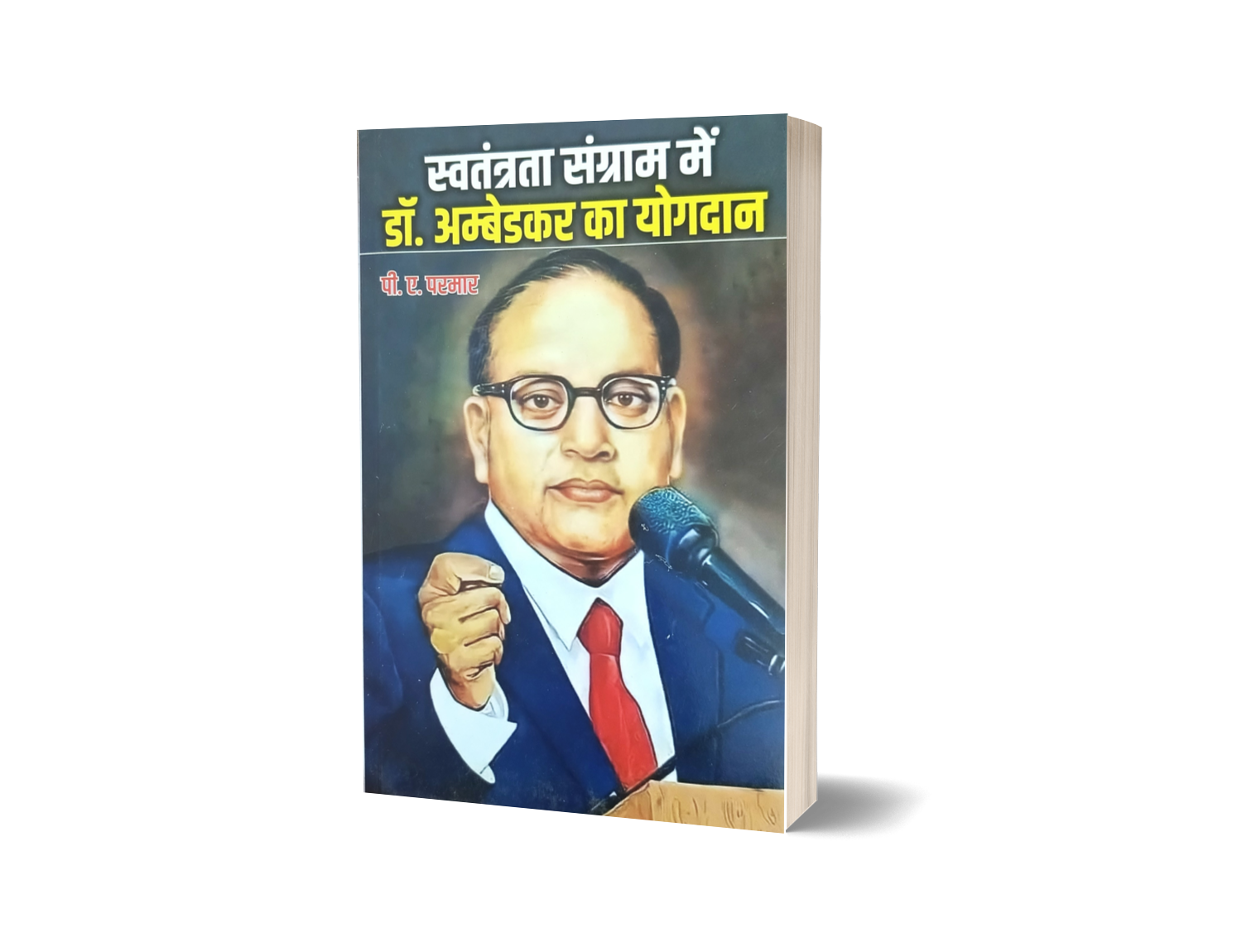
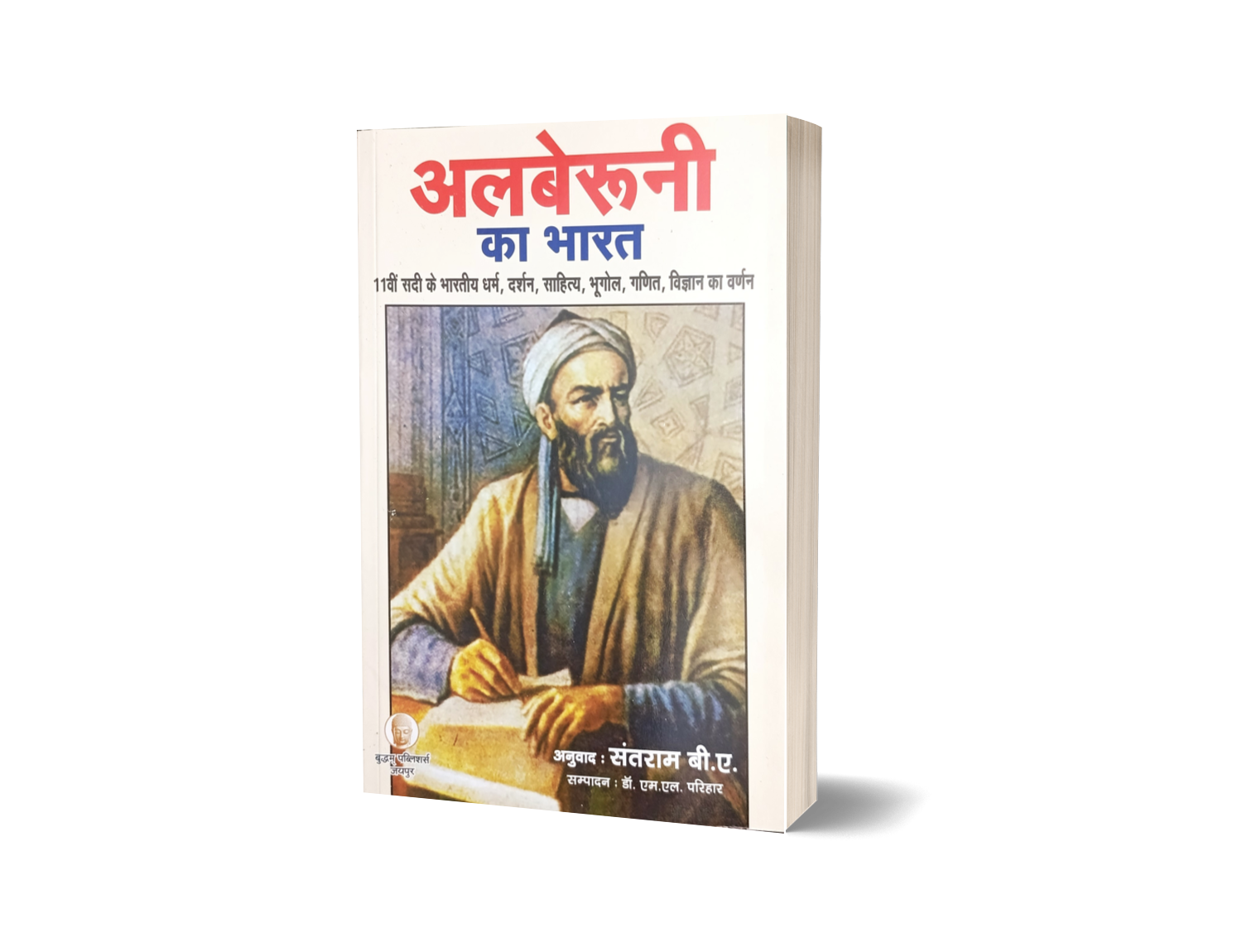
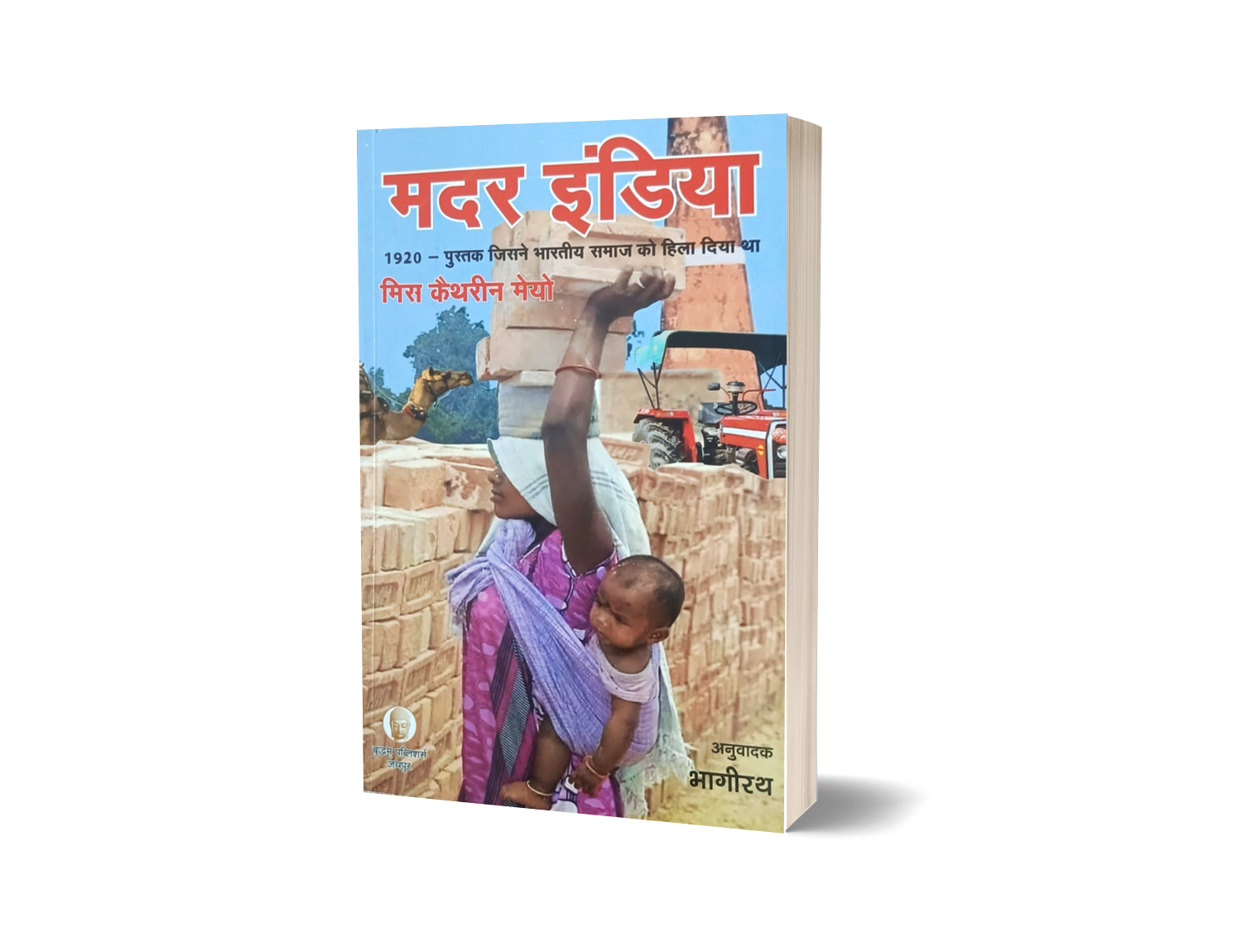
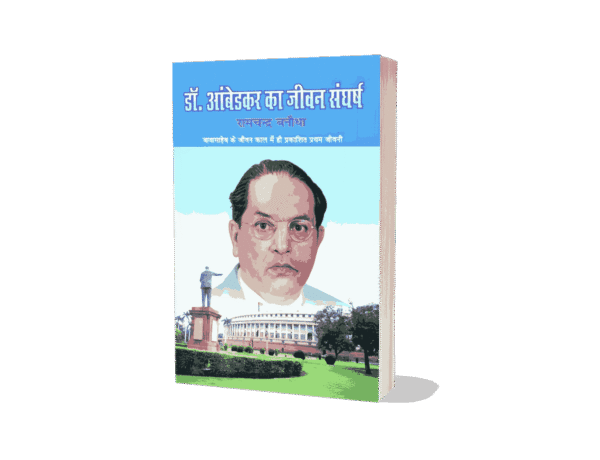
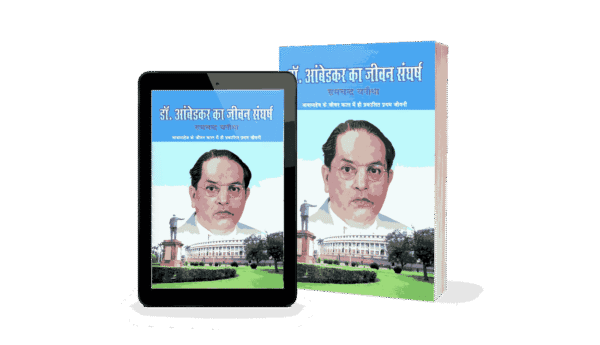
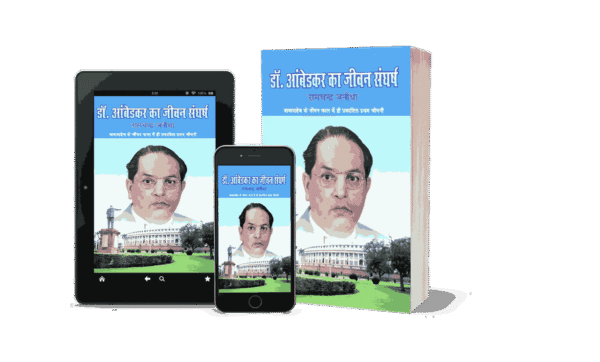
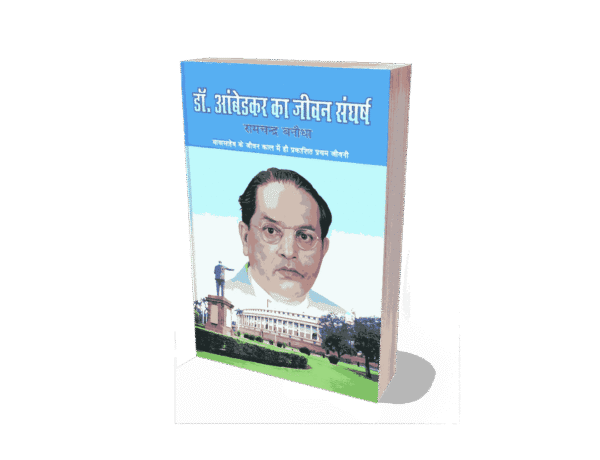
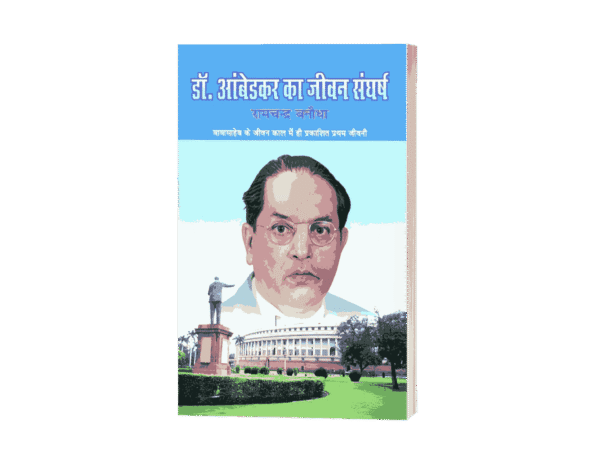
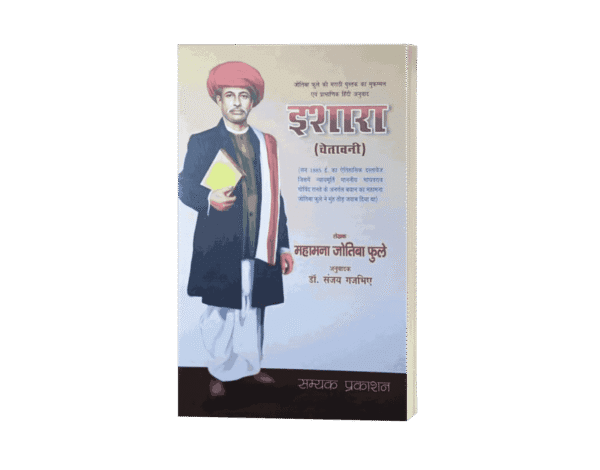
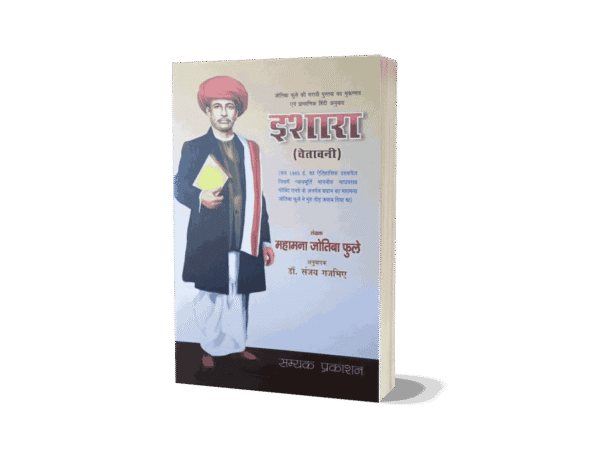
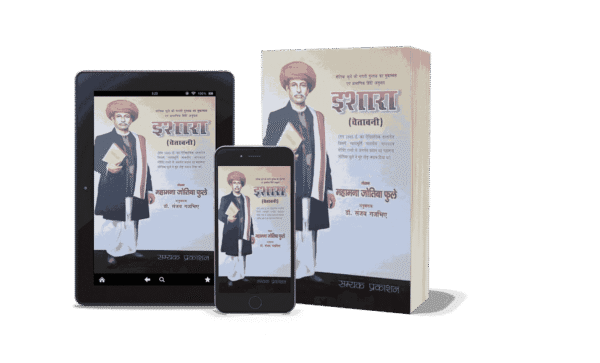
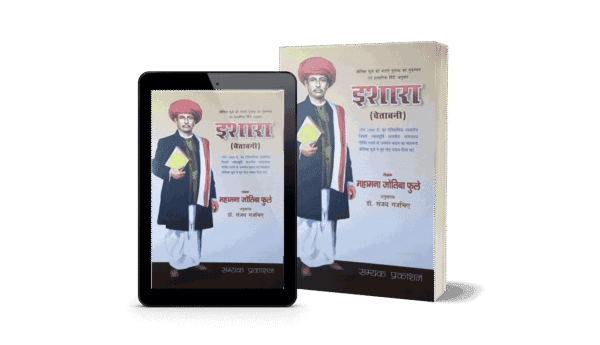
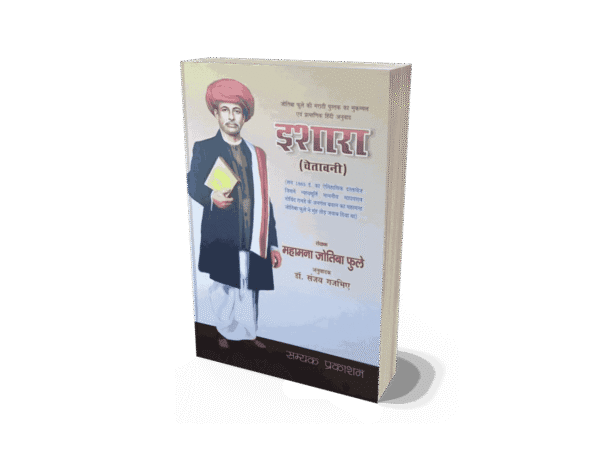
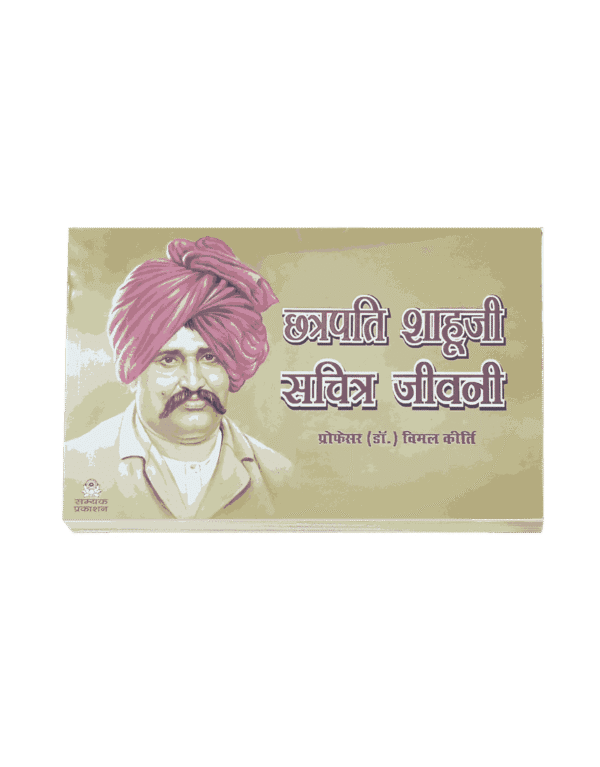
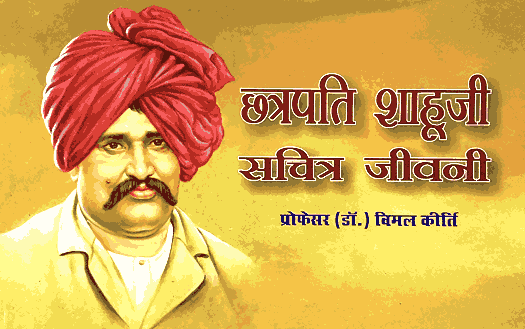
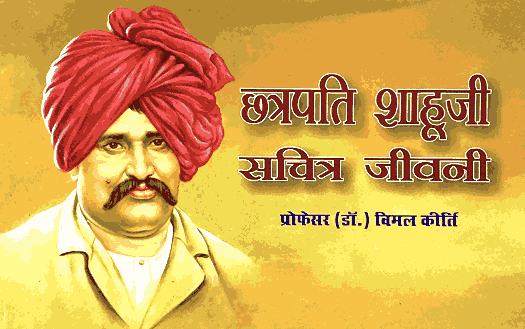
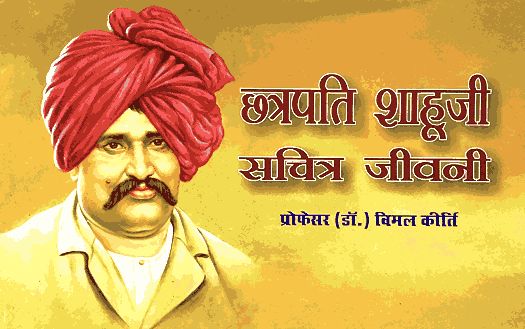
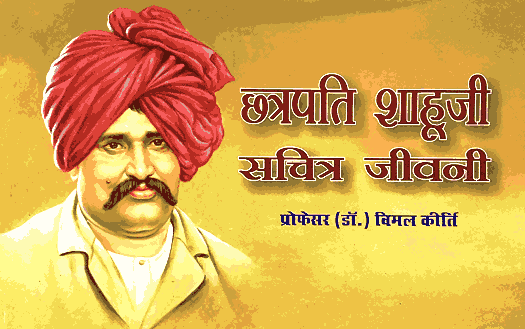
Reviews
There are no reviews yet.